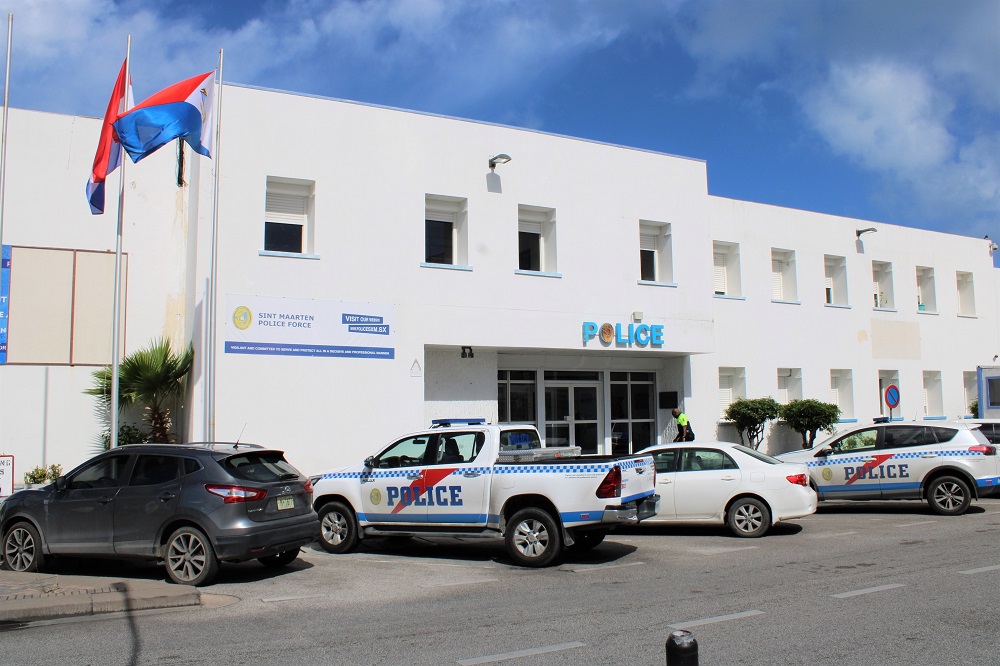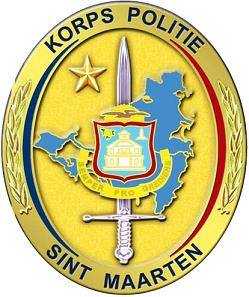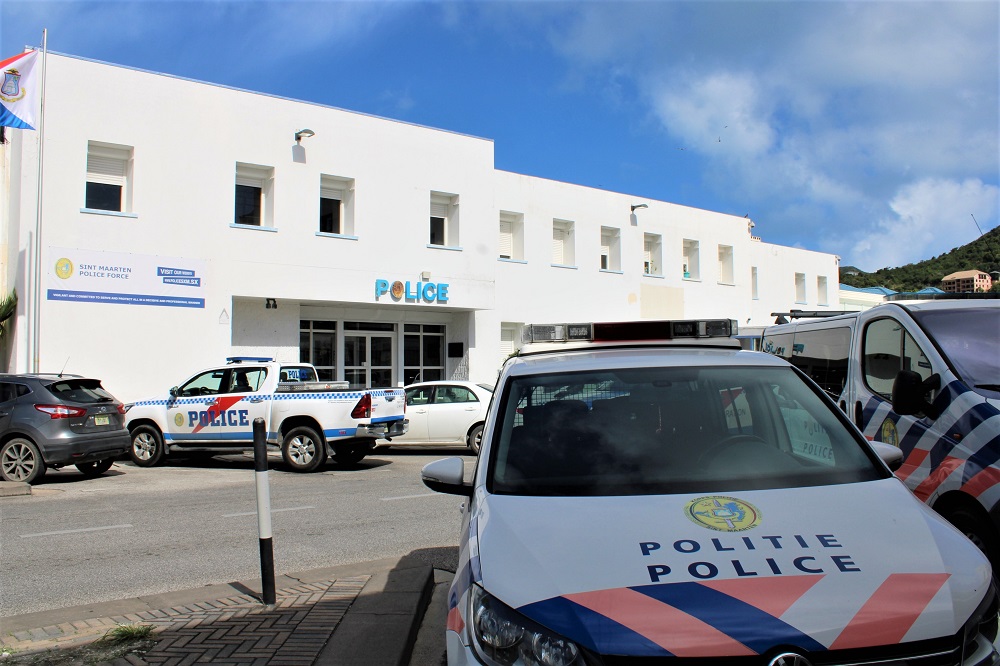Urgently wanted: Complaints Committee Police Action

PHILIPSBURG — St. Maarten does not have a ‘Klachtencommissie Politieel Optreden’, although since 2013 there has been a law prescribing this. Complaints about the police are now being sent to the Police Chief, who will pass them on to the Department of Internal Affairs. “During the complaints procedure, things are not going as intended,” concluded the Law Enforcement Council in 2018. Little has changed since then.
It has been more than five weeks since police officers restrained a mental health patient in the street and one of them broke the woman’s arm. The victim is self-employed and is without income as a result of the police action. Moreover, she fears that she lost customers because of the incident because she – a pastry chef – was unable to deliver the orders already received from clients.
On the basis of the Ambtsinstructie Politie, the police are obliged to immediately report the use of physical violence to the Chief of Police. The question is: who authorized the police to restrain the patient to be forcibly injected with sedatives? Did the police have judicial authorization as required by law? Did the police know that no doctor was present and that is illegal for nurses to give forced injections?
At the time, the patient was sitting in her car at a gas station. She was upset and did not want to be injected. The patient had a legal right to refuse; compulsory treatment is not allowed without a court order. The presence of the police and the struggle that ensued is highly questionable.
Nevertheless, it is not easy to hold the police accountable. A complaint is only a formal complaint if it is directed against a specific person. It is essential for the victim to know the name of the police officer who broke her arm. Only when the complaint has been dealt with, a claim can be submitted.
 It is written on the website of the St. Maarten Police Force that “The Chief of Police will take care of your complaint. He decides on how your complaint will be handled and by whom.” In practice, complaints go to the Internal Affairs Office, which falls directly under the Chief of Police. The Chief of Police has appointed the head of Internal Affairs to record reports of the use of force by a police officer.
It is written on the website of the St. Maarten Police Force that “The Chief of Police will take care of your complaint. He decides on how your complaint will be handled and by whom.” In practice, complaints go to the Internal Affairs Office, which falls directly under the Chief of Police. The Chief of Police has appointed the head of Internal Affairs to record reports of the use of force by a police officer.
In 2016, Internal Affairs received 26 complaints about the functioning of the police. In 2017 there were 14, and 11 complaints were received in 2018. Complaints from citizens reach the KPSM in person, in writing, or by referral from the Ombudsman or the Public Prosecution Service.
The Law Enforcement Council concluded in its 2018 report that the Internal Affairs department is “extremely fragile”, because it only has two employees who are both approaching their retirement. The Council notes that no unambiguous insight can be given on the results of the IA-department. Work and process descriptions are not available for hardly any of the tasks. The role and expectations of the staff members of the IA department in the complaints procedure are summarily described.”
The Council has found a number of differences between the procedure laid down in writing and its implementation in practice. “The procedure is based on a certain entry of complaints, written notification and central registration, but in practice, this is not executed as intended or described.”

The complaint procedure is nowhere near what should be in place. According to the “Landsverordening Klachtencommissie Politieel Optreden” from 2013, St. Maarten should have an independent Complaints Committee to investigate the conduct of police officers. This committee must consist of three members and six deputy members, who are appointed by National Decree for a period of three years on the recommendation of the Minister of Justice. The Minister, the Attorney General and the President of the Bar Association jointly recommend committee members.
The complaints committee follows its own procedure. Part of this is a hearing for which witnesses are called. In addition, the committee members are at all times authorized to demand inspection of books and documents. The committee also has access to all places where entry is required for the investigation, with the exception of homes. As soon as the Complaints Committee has completed its investigation, it draws up a report and sends it as soon as possible to the complainant, the minister and the relevant police officer.
The big difference with the Internal Affairs department at the police is that the members of the Complaints Committee come from all layers of society. In the current situation, the police investigate their own, a situation that is not desirable from the point of view of the legal protection of citizens. The police systematically push the limits of its powers and regularly exceeds them. And if such an exceedance is established, hardly any consequences will follow. For the police, this means a great deal of freedom to further explore the boundaries of the law.
Related article: Further inquiry to take place into allegations against police officers






















